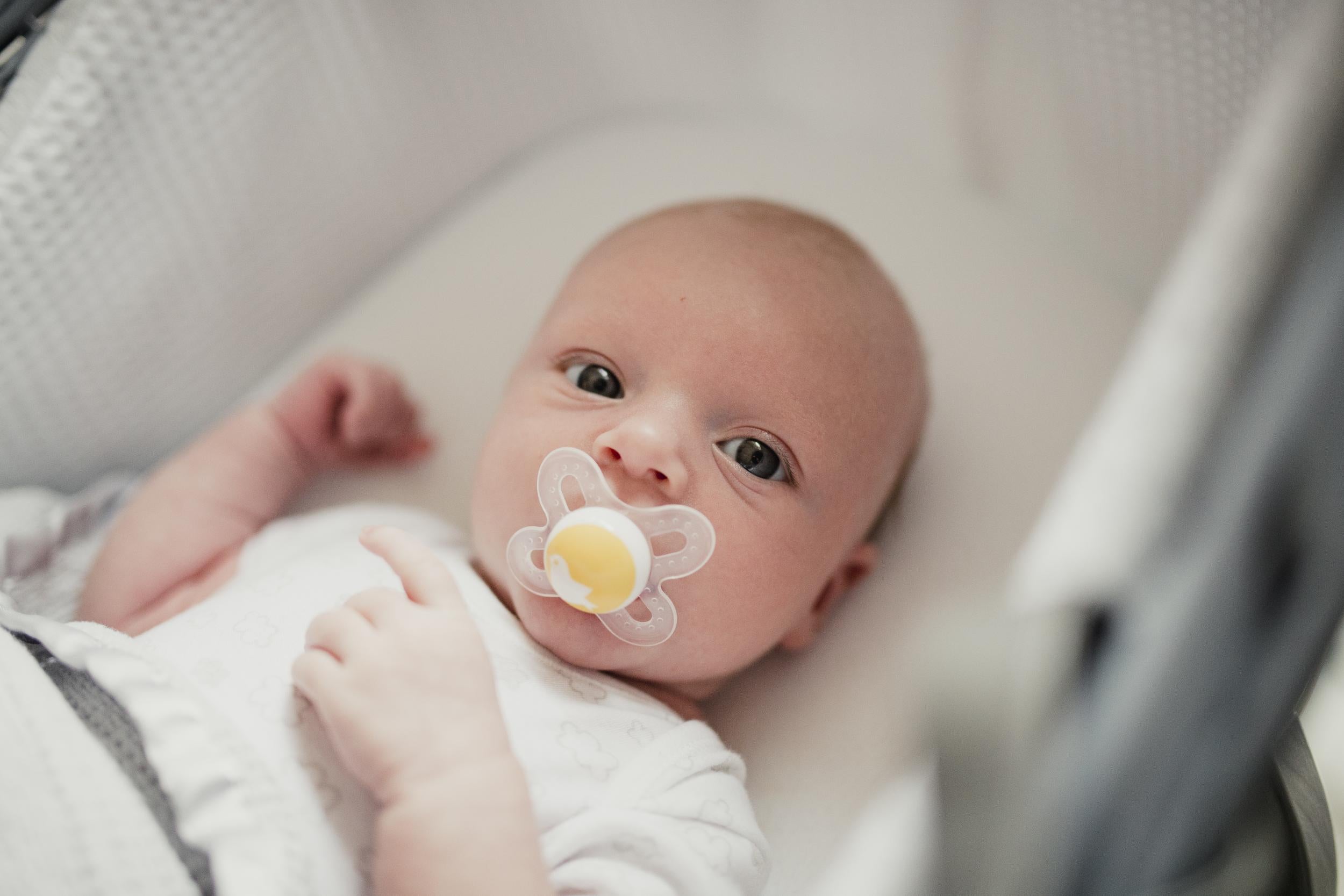Baby boys born smaller than average at greater risk of infertility, warns new study
Researchers in Denmark looked at children born between 1984 and 1987

Baby boys who are born smaller than average are at increased risk of fertility problems in adulthood, according to a new study.
Researchers in Denmark looked at 5,594 men and 5,342 women born between 1984 and 1987 and followed them to adulthood until the end of 2017.
They found that men who had been born with a lower than average weight had a 55 per cent increased risk of infertility compared with men born within the normal weight range at birth.
They found no link between gestational age and infertility in women.
The research, published in the journal Human Reproduction, found 8.3 per cent of the men born small for their gestational age had been diagnosed or were being treated for infertility, compared with 5.7 per cent of men born within the normal weight range.
Anne Thorsted, who carried out the study when she was part of a research group within the Department of Public Health at Aarhus University, Denmark, said: “A suboptimal growth environment for the foetus, for whatever reason, could itself be detrimental to the development of sperm production and reproductive organs.
“It could also be speculated that the mother’s health and lifestyle during pregnancy could affect both foetal growth and the development of reproductive functions; for instance, we know already that if the mother smokes, this can have an impact on the foetus.
“Our results show that sometimes we must look at the very early life to find explanations of health problems that occur later in life.”
It is estimated that infertility affects one in seven couples in the UK, with around 30 per cent of the cases attributed to male infertility.
The researchers acknowledged the participants, who were aged between 30 and 33 years by the end of 2017, still had a long reproductive life ahead and said further analysis might be needed to see what the situation was in another 10 years’ time.
Subscribe to Independent Premium to bookmark this article
Want to bookmark your favourite articles and stories to read or reference later? Start your Independent Premium subscription today.

Join our commenting forum
Join thought-provoking conversations, follow other Independent readers and see their replies